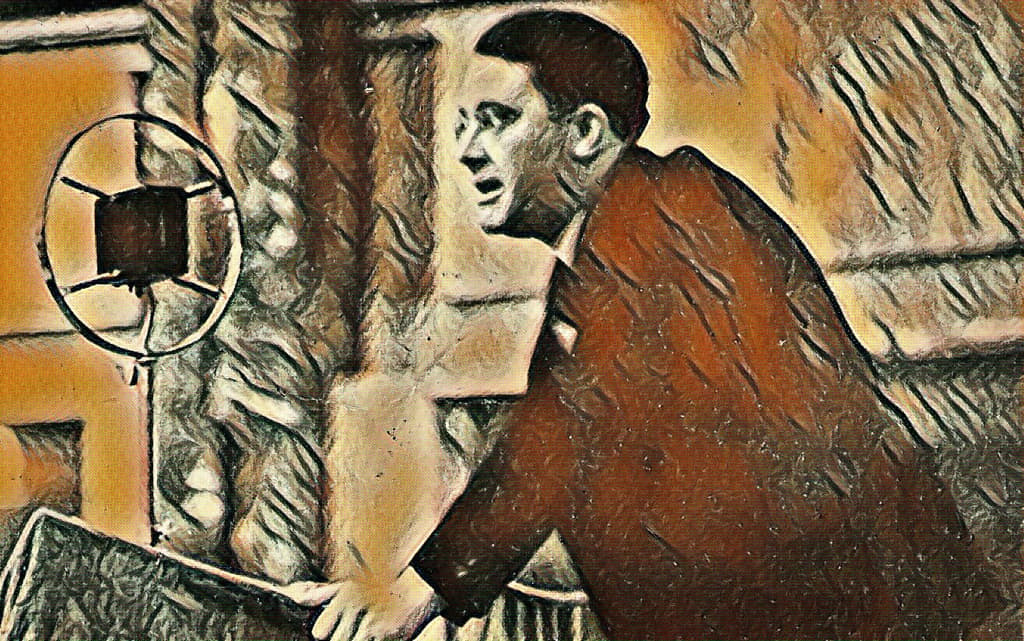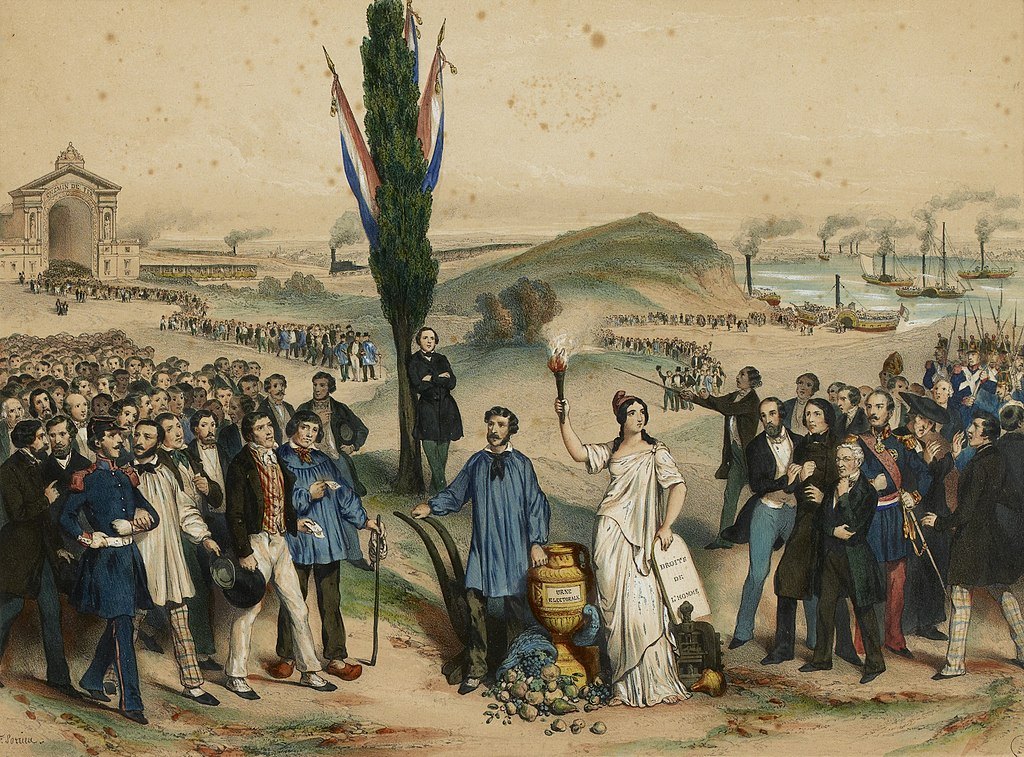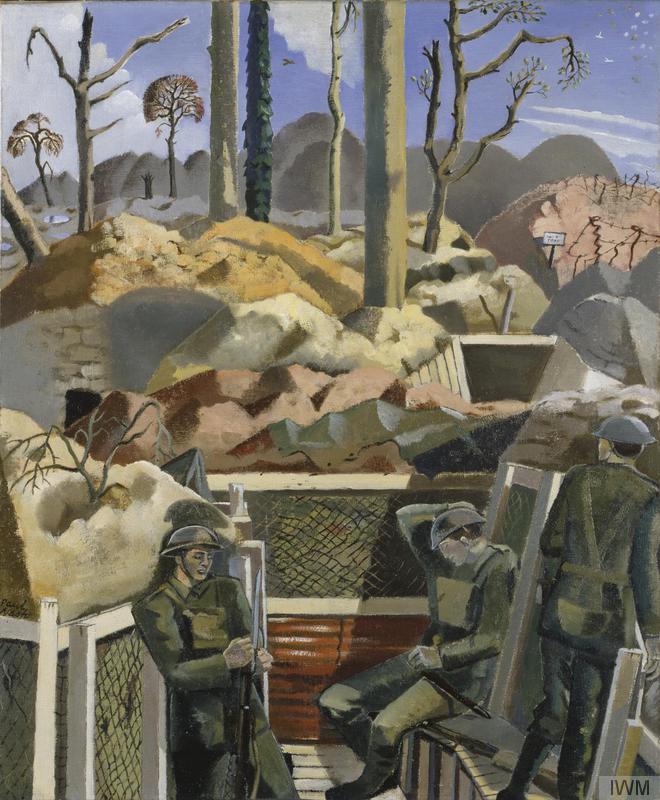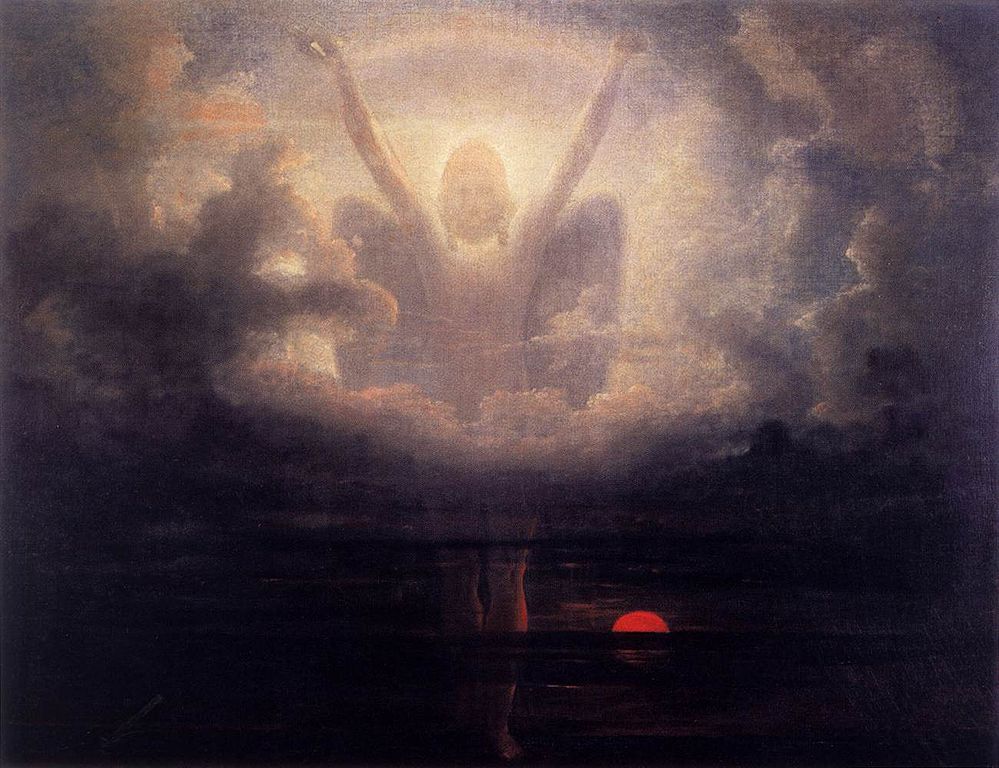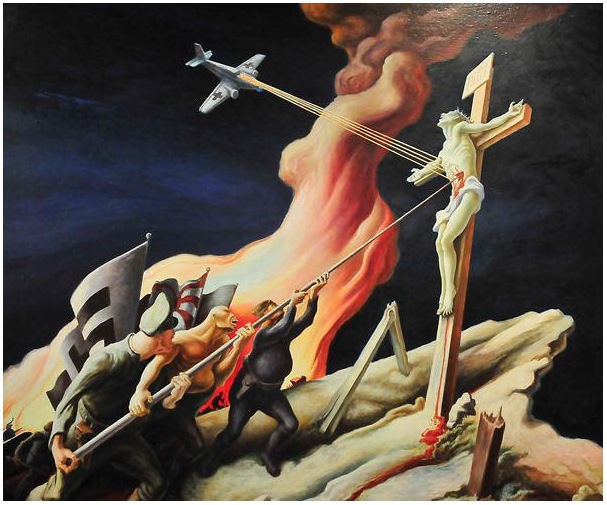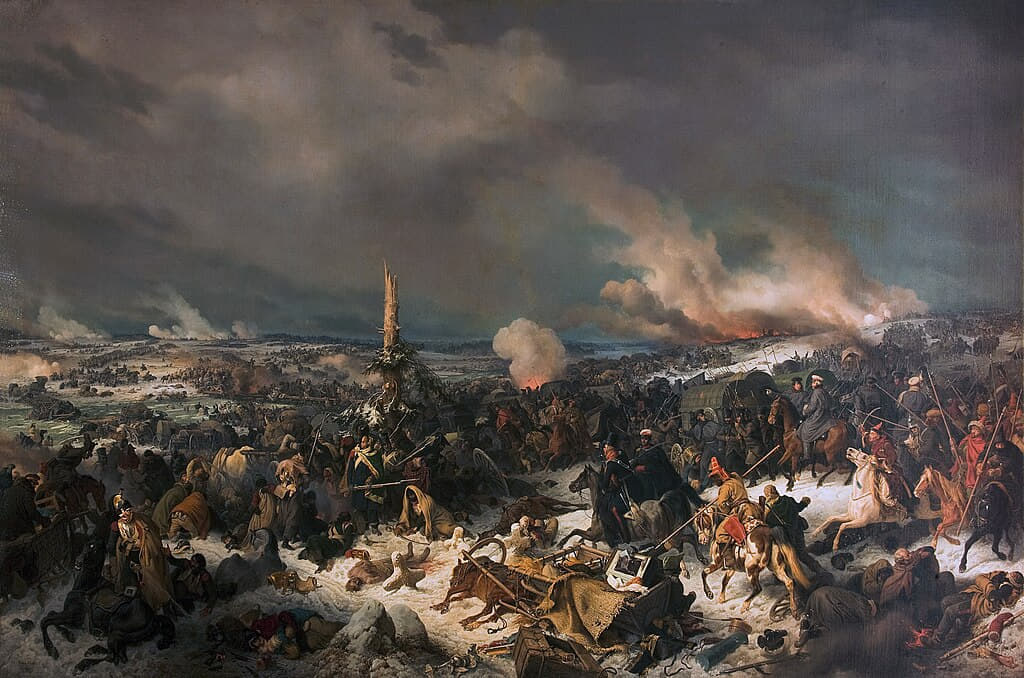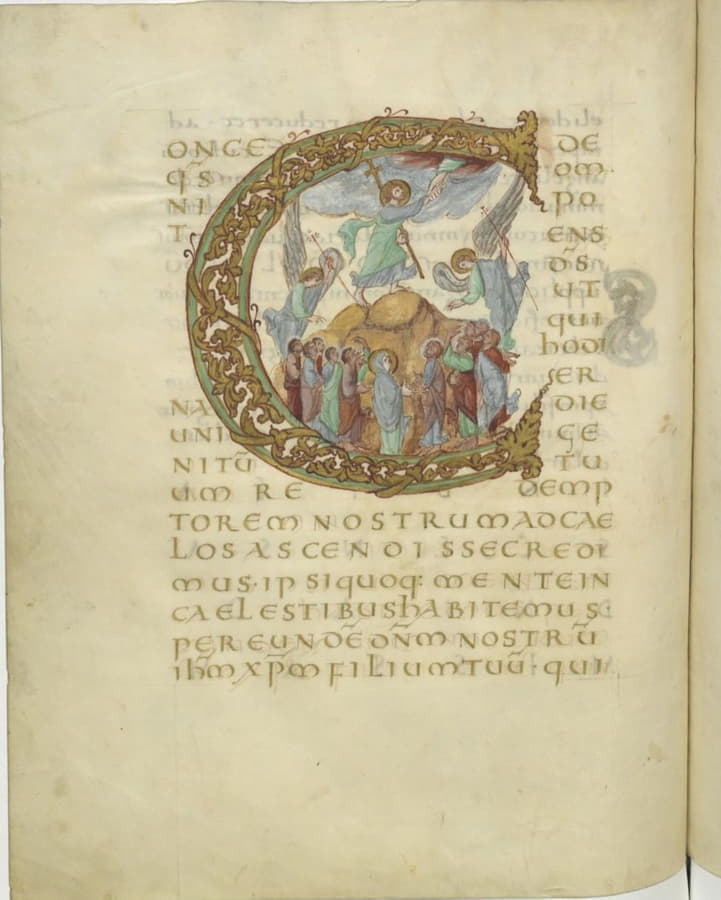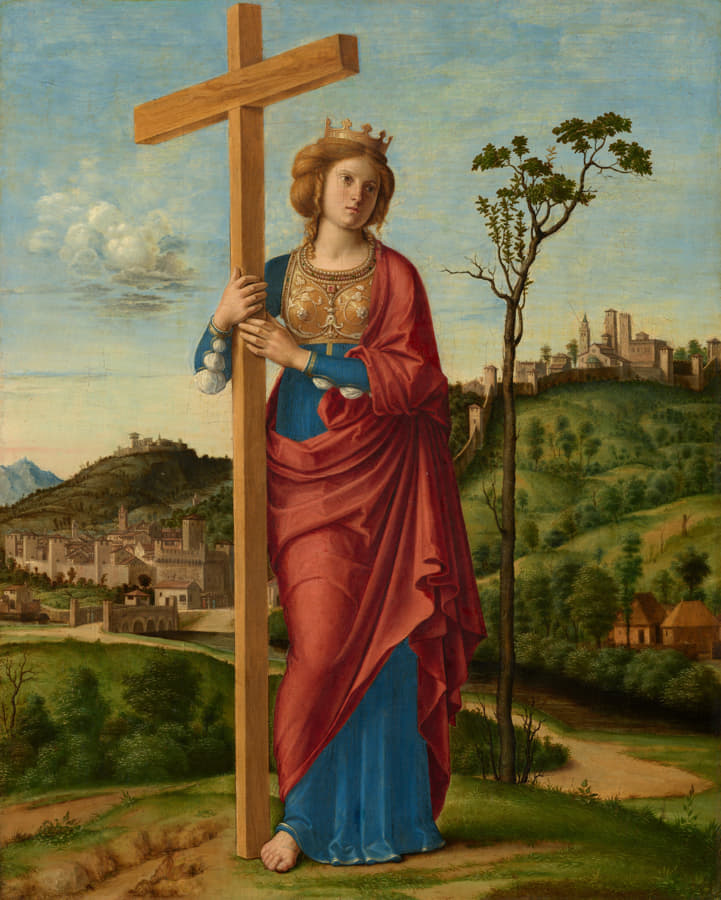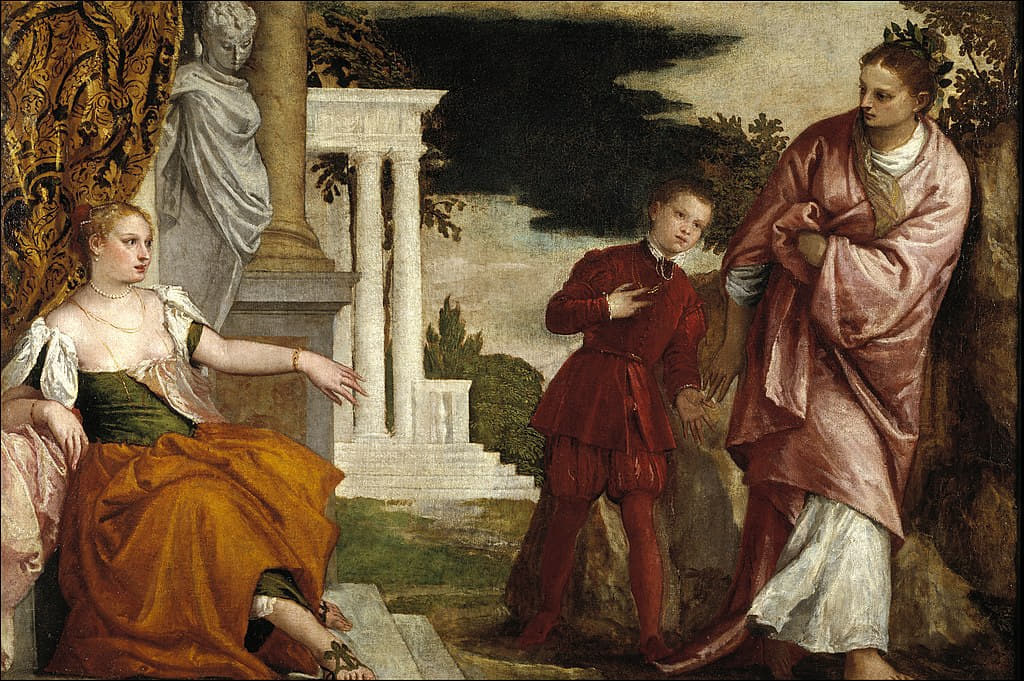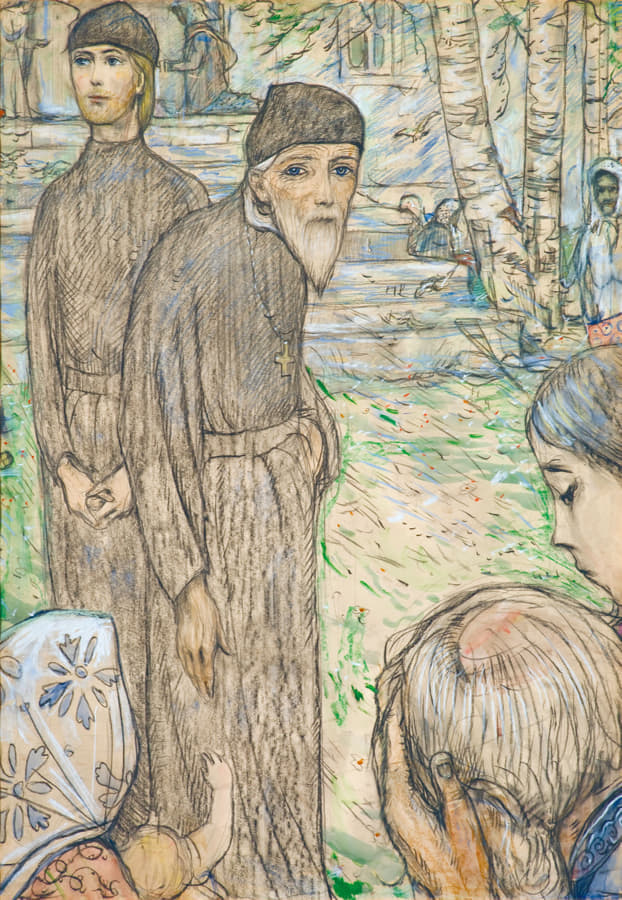
Dostoevsky’s Heroes in the Philosophical Jurisprudence of Carl Schmitt and Eugen Rosenstock-Huessy
Exactly 100 years ago, in 1923, Carl Schmitt, a German lawyer whose controversial talent for brilliantly formulating political concepts continues to attract a great deal of attention from researchers to this day, published Roman Catholicism and Political Form. This book made him a prominent figure among German Catholic intellectuals in the Weimar Republic. Out of … Read More
